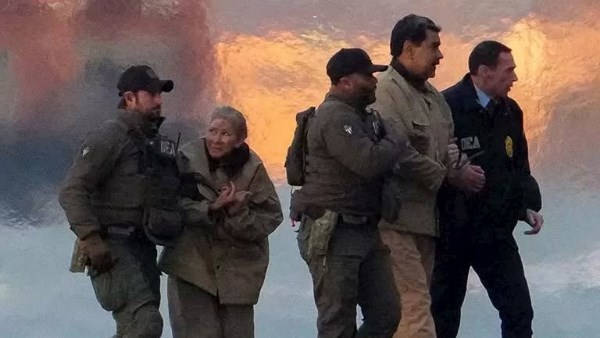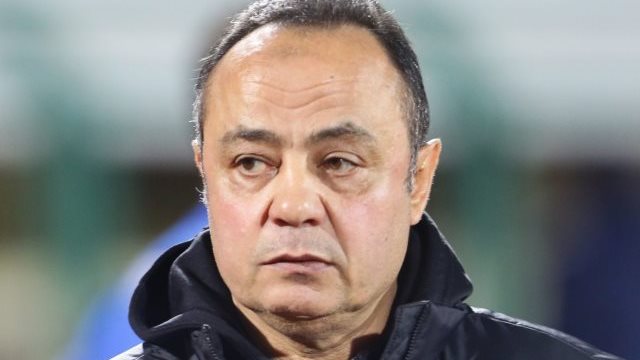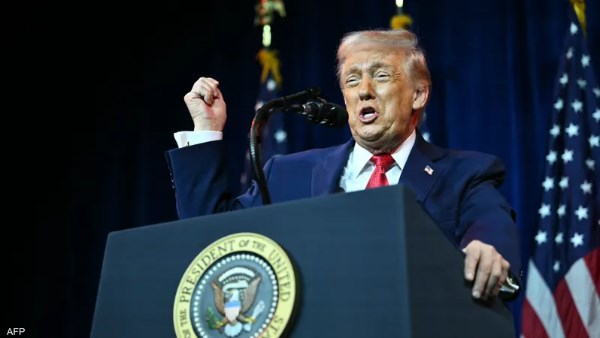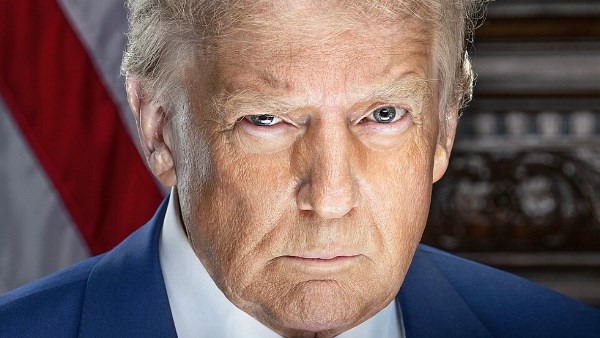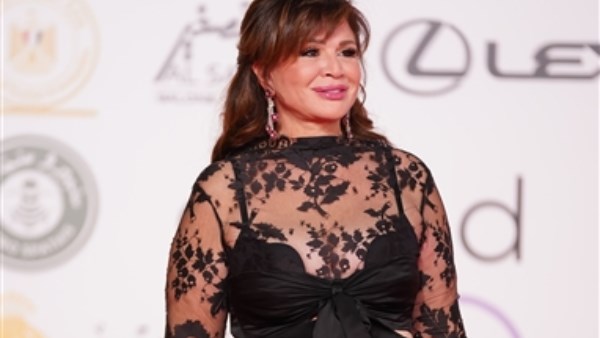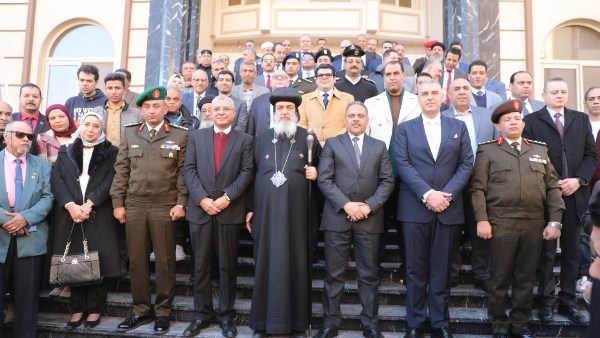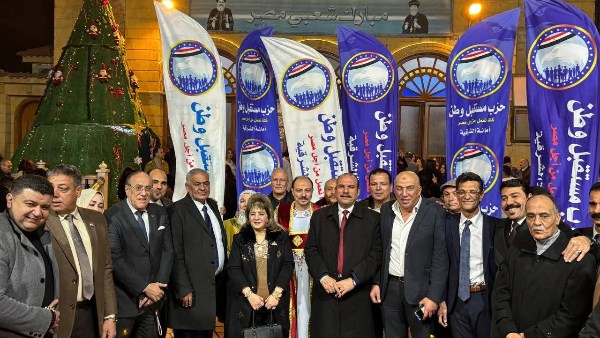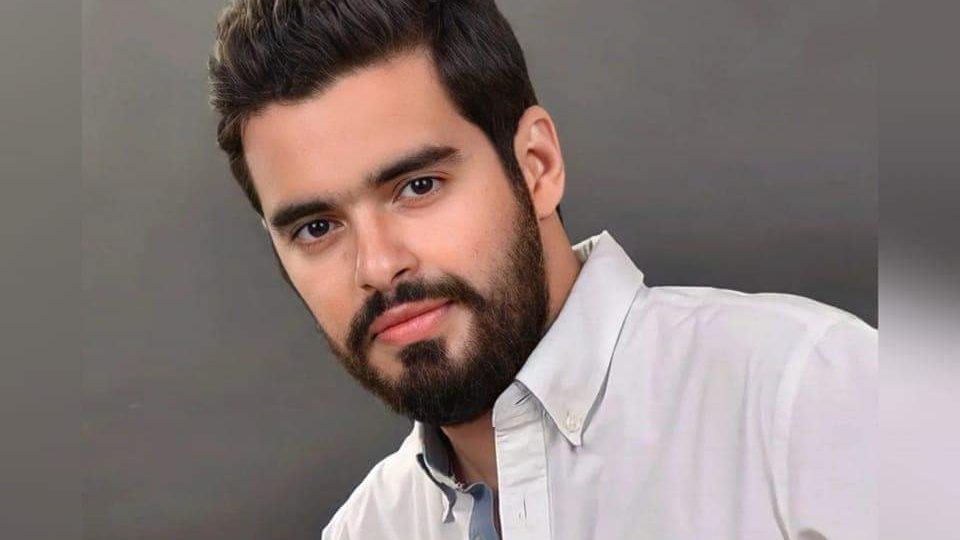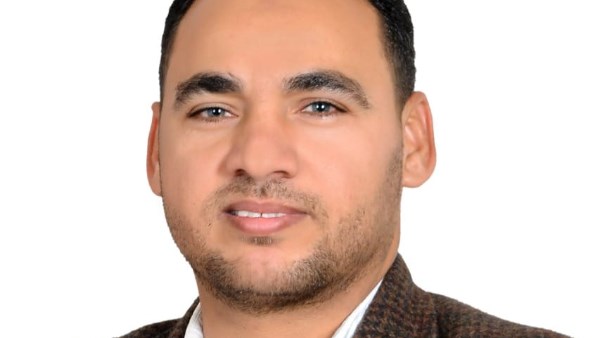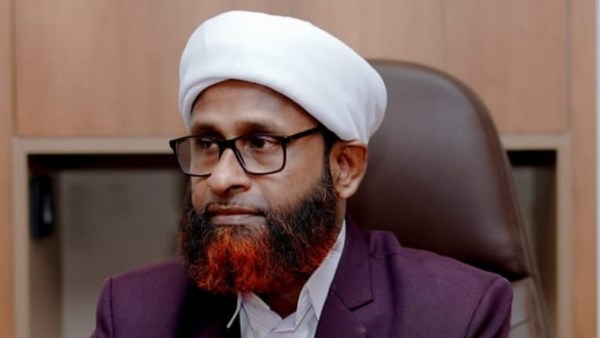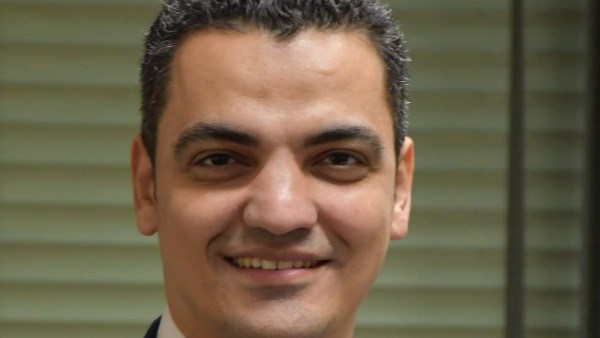Saudi king's visit to Cairo shows support for Sisi

A rare visit to Egypt by Saudi Arabia's King Abdullah, expected in Cairo on Friday evening, underlines the strong support the ageing monarch is showing for new president Abdel Fattah al-Sisi.
. Analysts say the Gulf kingdom wants Egypt to be a bulwark amid raging conflict in Iraq and Syria that could alter regional alliances and national borders.
The Saudi king has offered some of the most vocal support for Sisi since last July,
Through phone calls to Sisi, donations of cash and petroleum products and supportive statements, Abdullah has positioned himself as Sisi's leading Arab ally.
Saudi Arabia, the world's top oil exporter, and its wealthy Gulf Arab partners Kuwait and the United Arab Emirates have given more than $20 billion to help Egypt since last July.
Less than 15 minutes after Sisi was officially declared president earlier this month, Abdullah issued warm congratulations and called for a donor conference to help Egypt "overcome its economic difficulties".
He urged Egyptians to disown the "strange chaos" of the Arab uprisings, saying Egypt "needs us today more than ever".
The monarch was the only foreign leader Sisi mentioned by name in his first speech as president, when he thanked the king for organising the funding conference.
Abdullah, expected to stop in Cairo later on Friday on his way home from Morocco, will be the first foreign leader to visit Sisi since he took office less than two weeks ago.
It Abdullah and Sisi have spoken on the phone several times
Fawaz Gerges, a Middle East expert at the London School of Economics, said Abdullah's trip indicated Riyadh had put Egypt at the heart of a regional policy aimed at curbing Sunni Muslim Saudi Arabia's Shi'ite rival Iran.
"Saudi Arabia is trying to basically build a wall of Sunni Arab states to deter Iranian influence in the Arab heartland," he said.
"It feels that the Arab system of states is disintegrating; Iraq and Syria are in the grips of all-out war, the two non-Arab states Iran and Turkey are extending their influence," he added.
" Egypt in the eyes of the Saudi leadership could play a major role in helping to create a deterrent Arab force."
The most populous Arab state, Egypt also has the largest army in the Middle East, though the military's main focus has been domestically driven for decades. The deep economic and social problems facing the country mean Sisi's new government will focus on local priorities, Gerges said.
Sisi has not spoken publicly about the Iraqi crisis since it erupted days after his inauguration.
Western governments including Washington have signalled concern with Egypt 's widespread crackdown on dissent since Sisi toppled Mursi last summer.
Ties between Saudi Arabia and the United States are under strain over policy towards Syria and Iran, and Riyadh's full-throated endorsement of another military man in Egypt appears to be another point of disagreement between the allies



